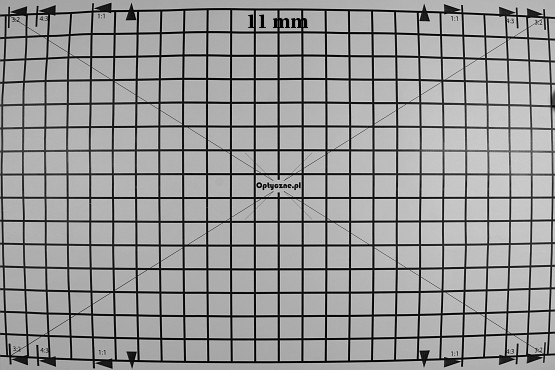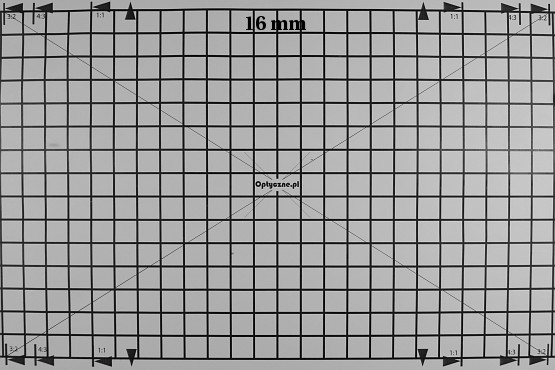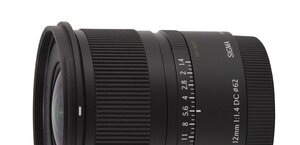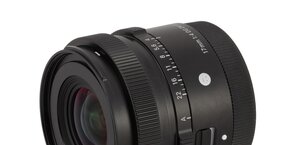Tokina AT-X 116 PRO DX AF 11-16 mm f/2.8
6. Distortion
Tokina 11-16 and the likes of it use a type of projection that favors the reproduction of straight lines (rectilinear projection), trying not to curve them (hence their field of view is more narrow than that of a fisheye) and at the same time, it causes significant distortions in the corners. Just revisit the times of your geography classes at primary school. Remember the world map, drawn in gnomonic projection, where all parallels and meridians are shown as straight lines? While around the equator and the tropics , the distortion of the surface of continents and countries are insignificant, the dimensions of Greenland (not at all large on a globe) are strikingly monstrous. The same goes for such lenses.
Most ultra-wide lenses tested on small sensors, at the widest possible angle would produce a barrel distortion of about -2%, decreasing to less than 1% for bigger focal lengths. A glorious exception was the Sigma with just -0,88% at 10 mm, as opposed to Tamron reaching -4.0%. Unfortunately, Tokina 11-16 mm gets closer to the shameful result rather than the good one. At 11 mm, we measured a distortion of -3,24%. Even midway through the range, it remains visible, amounting -1,74%. No sooner than at 16 mm does it fall to the decent level of -0,95%.
Please Support UsIf you enjoy our reviews and articles, and you want us to continue our work please, support our website by donating through PayPal. The funds are going to be used for paying our editorial team, renting servers, and equipping our testing studio; only that way we will be able to continue providing you interesting content for free. |
- - - - - - - - - - - - - - - - - - - - - - - - - - - - - - - - - - - - - - - - - - - - - - - -
 |
 |






